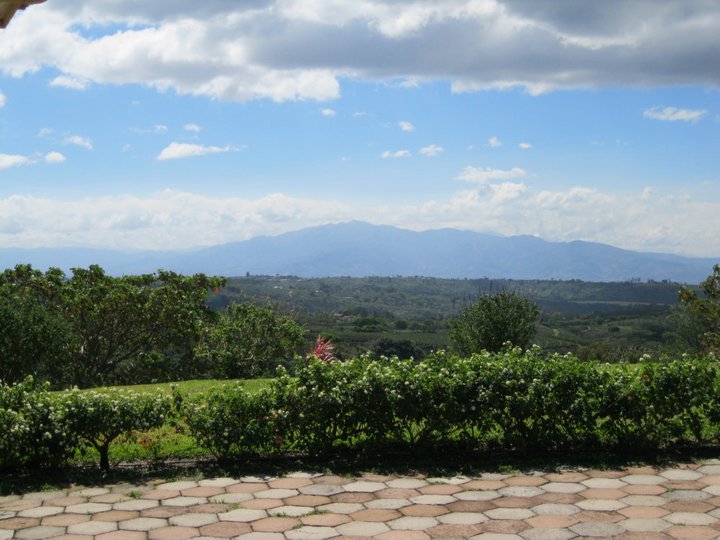A FRESH LOOK AT FAITH | A Series by Dr. Rich Blue of the Center for Christian Life Enrichment on Faith and Spirituality
I see faith as an essential component of both human and spiritual development. Faith is the muscle that when exercised, empowers individuals to make sense of and face the unknown, exercise trust, and mature into their next level of human and spiritual development. Faith comes from the Latin, fidere, to trust. It is defined as confidence, reliance, and belief, especially without evidence or proof.
How often have we heard things like, “trust God,” “have faith,” or “just believe”? Yet these statements “paper over” the challenges of faith and trust. They suggest we should trust mindlessly, without question, rather than grapple directly with the difficulties we have in holding onto faith. Faith is confused with conformity and seen as a measure of devotion.
My perspectives on faith came to focus through my doctoral research on the role of faith in human and spiritual development. This research was one of the most meaningful and demanding experiences of my life. I went into this research regarding myself as a man of faith. But what I saw was that most the significant obstacle to my study of faith was me. I was afraid to question what I already believed to be true. I was scared to trust truth and afraid to trust God, the source of truth. It took me a long time to see that holding on too tightly to what I thought was true was not actually faith, but its opposite.
It took faith for me to fight for the opportunity to study faith. Once I had gotten approval for my research, I found myself anticipating imaginary attacks on what I believed at every turn. The greatest threats, however, came from my own lack of faith. I began to see how resistant I was to reexamining everything I believed. My classmates can attest to the countless conflicts I created because I was trying to sound smart, be right, and have everything figured out. At the time, I was much more interested in having all the answers than I was in in asking questions and being in the unknown.
I recall an especially tense moment when the frustration level reached a crescendo. My biggest advocate, the chair of my doctoral committee. was tired of fighting with me regarding my latest theory on faith. He was threatening to pull the plug on my dissertation topic. I was frustrating everyone, including myself, by continually trying to have the answers and get everything right. Ironically, I was trying to figure out faith!
To be more open to what was possible, I needed to expose and dismantle two central silos—spirituality and psychology. I had strongly clung to the notion that spirituality and science were independent fields of study. I mistakenly believed that faith was the exclusive concern of the spiritual silo. I projected that psychology and academia were hostile to faith and a threat to what I valued. I was falling prey to dichotomous thinking—seeing the world as black or white, right or wrong, and characterized by all or nothing thinking. This type of thinking is what mystics refer to as the dualistic mind. I was discovering that the dichotomous thinking of the dualistic mind is hostile to faith.
What I came to see is that faith is more a verb than a noun. Faith is not so much what we believe in, such as our creeds and doctrines. Faith involves the courage to live with not-knowing. Faith is a divine muscle given to inspire and empower our spiritual transformation. Faith is a core yearning longing to be fulfilled. It is active, not static. Faith is a gift we have been given that only grows when it is exercised and stretched.
Please join me in this fresh look at faith. Watch for my next blog on Outoftheblueblog.us








